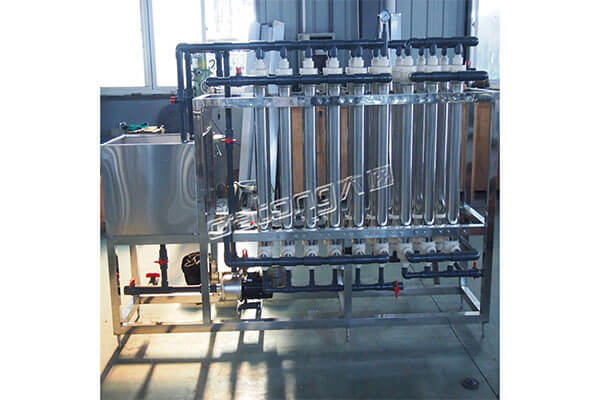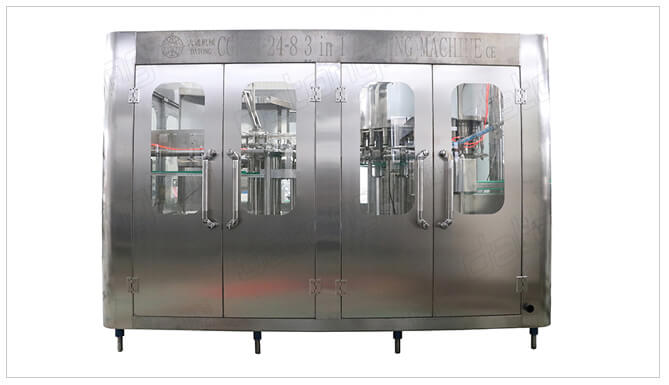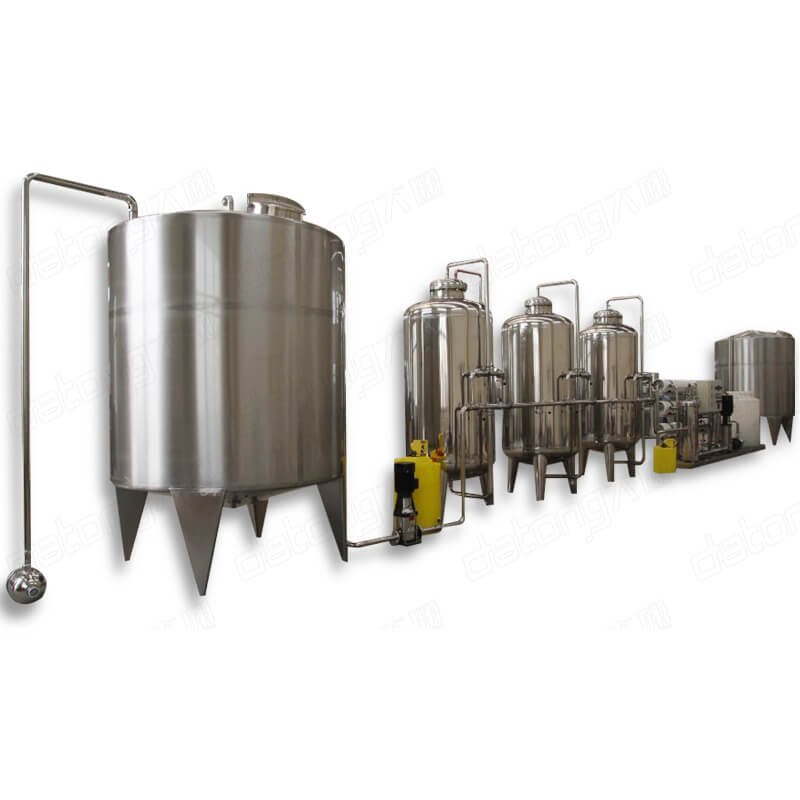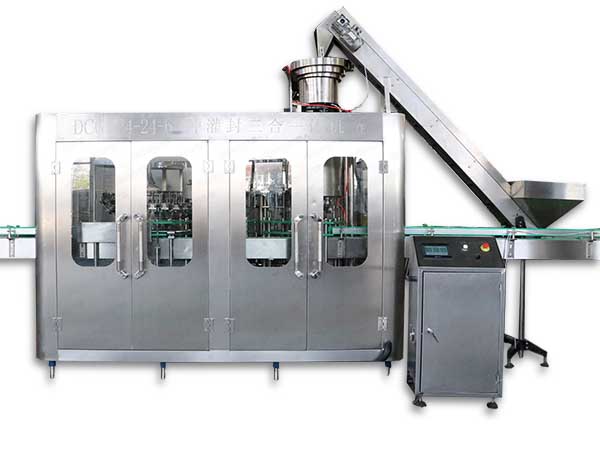Compare Water Treatment Systems
Views: 776
Author: Site Editor
Publish Time: 2019-04-24
Origin: Site
The water treatment systems refer to a system of equipment and accessories for bottling water. It also consist of filtration and purification accessories that generate water of the highest quality. The drinking water treatment station or water treatment/purification systems are structures that aim to make an adequate treatment of water so that it is suitable for human consumption. The water treatment system is applied in the water production companies for the production of bottled water.

There are some basic principles that must be met by any technology that is used for types of drinking water treatment plants and are the following:
On the other hand, there are different types of water treatment/purification systems for the treatment of drinking water:
Full cycle plants: they have the processes of coagulation, sedimentation, filtration, chlorination, without specifying the type of existing installation for each process.
Filtration plants in multiple stages: this is the name given to plants where there is slow filtration in multiple stages.
Direct filtration plants: where the water is taken directly to the filters and then chlorinated.
On-line filtration plant: coagulation, filtration, and chlorination are carried out.
Compact plant: this is the name of the plant in which all the processes are carried out in the same prefabricated module.
The flow of the productive process of a water bottling plant at a general level is presented. This may be similar for other products if the production process is homogeneous, or for variants of it. In this regard, the relevance of each of the planned activities, the nature of the machinery and equipment considered, the time and type of operations to be carried out and the different formulations or compositions that each product or variant involves must be evaluated in each case.
However, the various forms of water treatment plant share common processes to ensure that the water produced is free from contaminants and safe for consumption. These processes include;
Decantation: is the process of the separation of heavier particles that brings water such as gravel, areas, sand, and stones that by force of gravity settle.
Filtration: is the process of retaining the suspended and colloidal particles that did not settle, making them pass through a porous medium. It is one of the main operations carried out in any treatment plant, and there are several types of filtration such as thick filtration, rapid filtration, among others.








